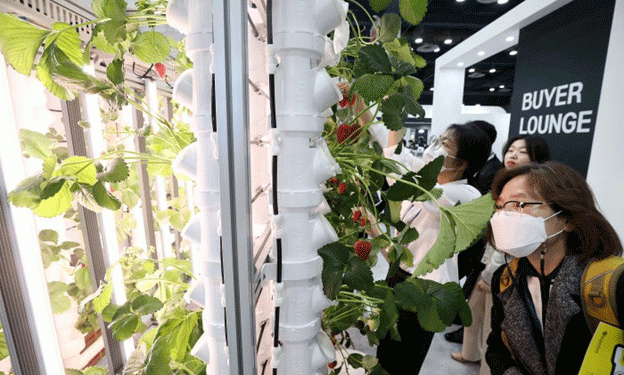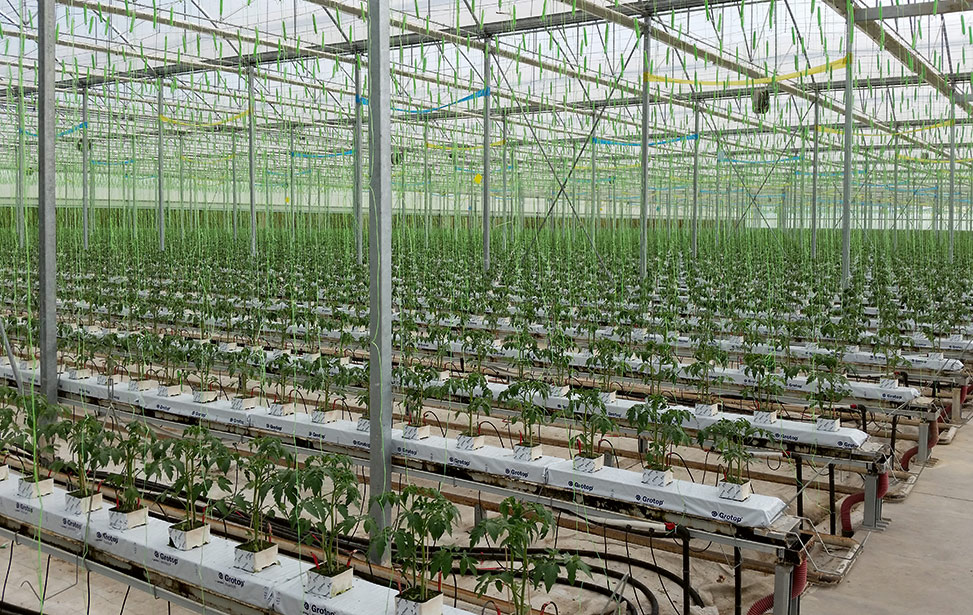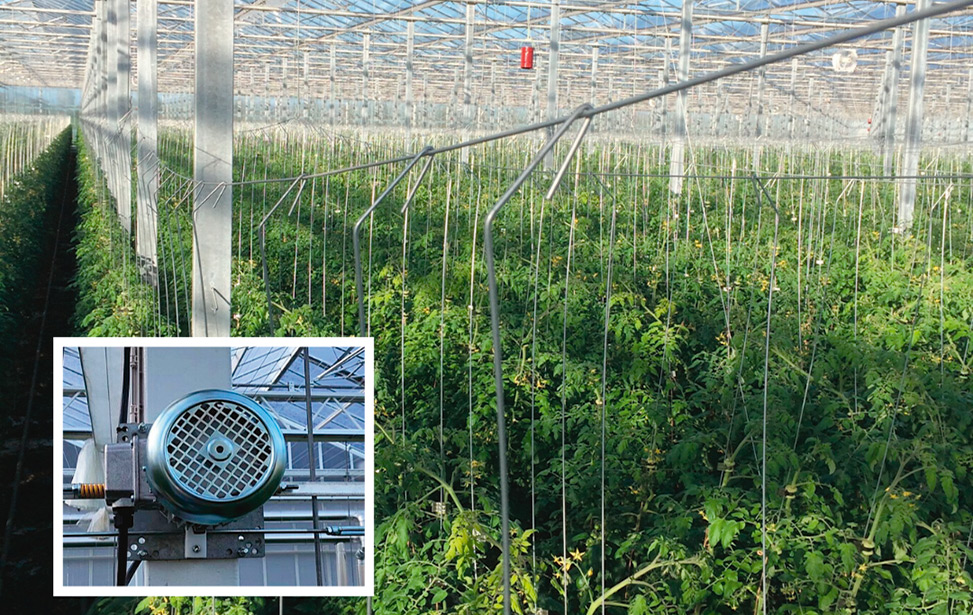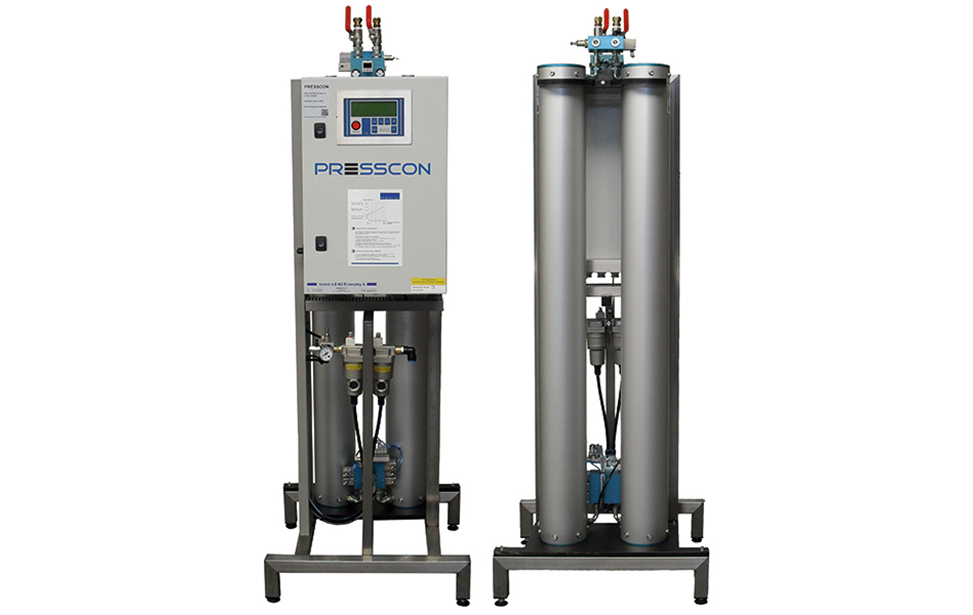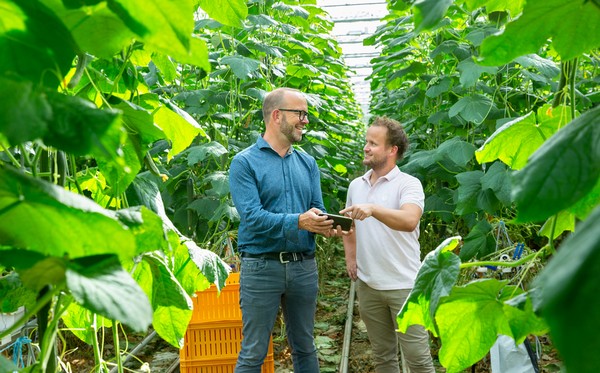The growing global demand for sustainable food production has prompted countries like Singapore to invest heavily in smart farming technologies. With arable land constituting less than 1% of its total area, Singapore has set an ambitious “30 by 30” goal: to locally produce 30% of its food needs by 2030. This initiative aligns perfectly with South Korea’s advanced smart farming solutions, especially in indoor vertical farming.
Showcasing Smart Farms at Agri-Food Tech Expo Asia
From October 19-21, 2024, South Korean smart farm companies participated in the Agri-Food Tech Expo Asia (AFTEA) for the first time, establishing a dedicated Korea Pavilion. This event, a hub for stakeholders in smart farming and food technology across Asia, highlighted innovative solutions for regional food security challenges.
The Korean Pavilion facilitated 220 export consultations with buyers from 57 countries. Notable achievements included:
- Kyolin, a smart farm materials provider, signing a Memorandum of Understanding (MOU) with Singaporean food distributor DIMUTO to supply indoor farming equipment.
- PlantyFarm, which operates vertical farms in Seoul subway stations, garnering significant interest for its cutting-edge technology.
Why Singapore Is the Ideal Market
Singapore’s limited agricultural space makes it highly dependent on imports, covering 90% of its food supply. This reliance drives the need for innovative farming solutions. Vertical farming, which optimizes space and ensures year-round production in controlled environments, fits Singapore’s strategic goals.
Korean companies bring expertise in:
- Automation and AI Integration: Technologies that optimize crop growth, monitor environmental conditions, and reduce labor costs.
- Energy-Efficient Systems: LED lighting and water recycling systems that minimize resource use.
- Compact Vertical Farms: Designed for urban settings, including underutilized spaces like basements or subway stations.
Economic and Environmental Impacts
Singapore’s embrace of vertical farming can significantly enhance its food security. For instance, the country’s efforts could set benchmarks for Southeast Asia, which shares similar challenges. Meanwhile, Korean companies gain access to a high-potential market that values innovation and sustainability.
According to the South Korea Smart Farm Industry Association, this collaboration offers opportunities to transform urban agriculture in land-scarce nations. In addition, global adoption of these systems could reduce land use and preserve biodiversity worldwide.
South Korea’s smart farming industry is well-positioned to drive agricultural innovation in Singapore and beyond. As countries seek sustainable and efficient food production systems, the integration of vertical farming technology into urban environments offers a practical solution to food security challenges. With ongoing collaboration and technological advancements, Korean smart farms are poised to lead the next wave of agricultural innovation.


